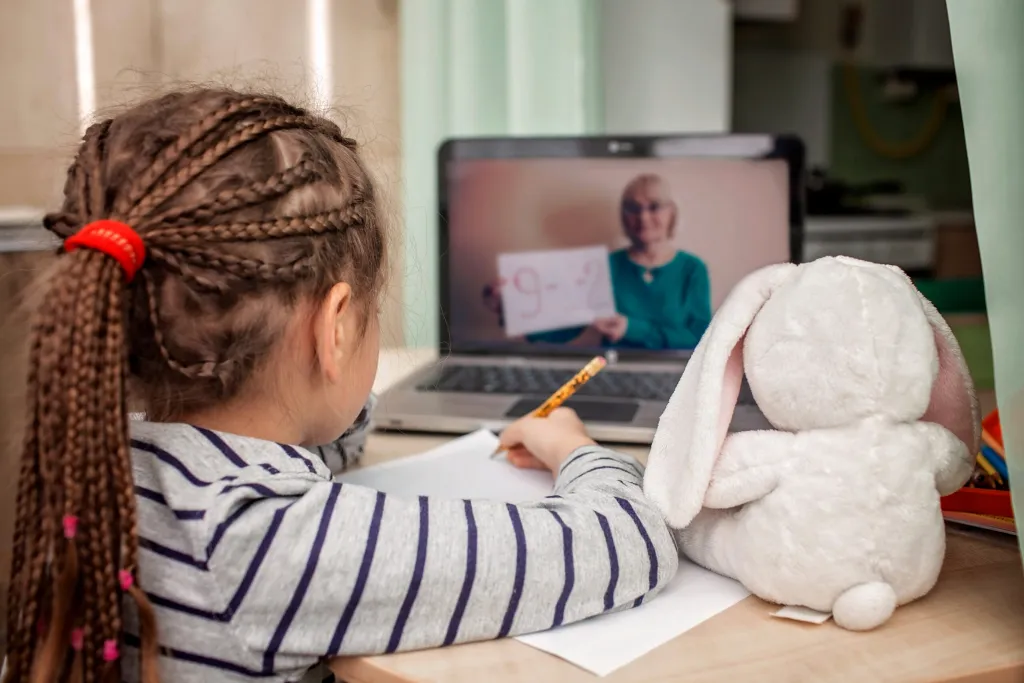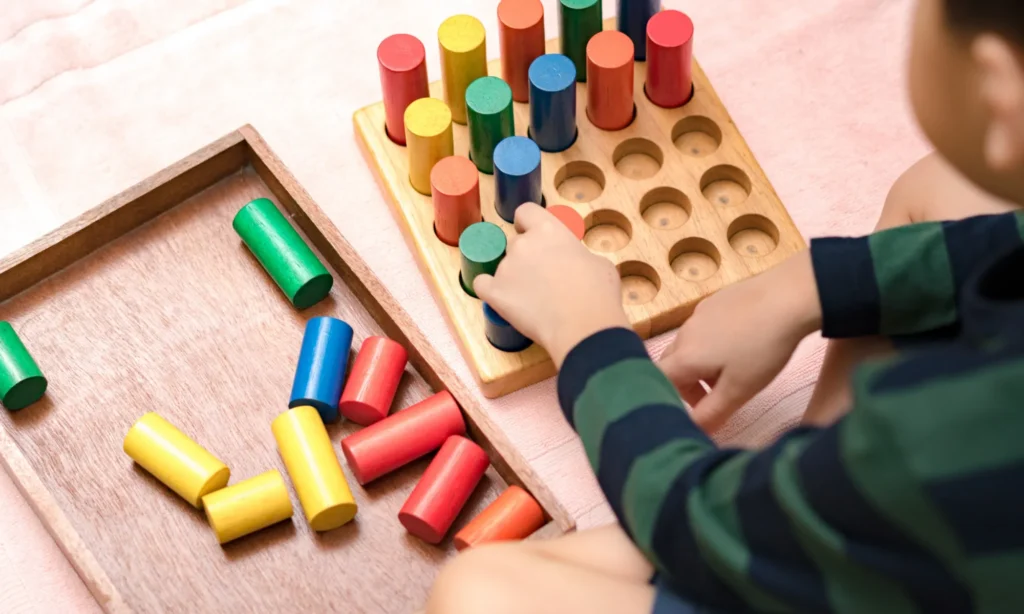- Use Edutainment
- Invent your own cultural program
- Pump up your motivation
Children are looking forward to their summer holidays, and parents are concerned about how they can prevent summer learning loss and help kids remember things they struggled with during the school year. There’s a reason to be concerned, because, like muscles, our brains adapt to the learning load. Without training, neural connections are destroyed and, as a result, the new school year begins with an average knowledge setback of 25% (according to some independent US research centers).
Amy Krolevetskaya, Head of Methodology at Novakid Online English School for Children, explains how to encourage children to learn over the summer and get them to ask for it rather than avoid it.
Use Edutainment
Change the form of learning to start your journey to success. Make your kid’s dreams come true with edutainment. While they are dreaming of spending limitless time with their gadgets, you won’t object. Education through entertainment has grown exponentially. Browse what different online schools have to offer. Remote lessons are not limited to Skype teacher-student interactions. Teachers are increasingly offering quizzes and games. Quizzes look more appealing than the usual cramming, don’t they?
Invent your own cultural program
Learning through exciting trips is a great tradition of international summer camps. While the pandemic has made its own adjustments, there is a silver lining. It has boosted VR tours that no kid can resist. A Virtual Walk with a teacher will take kids to virtual museums and galleries. They can explore the buildings and their interiors with 360-degree views. Here you will find history, art and foreign languages (you can select an English-speaking teacher and guide to accompany you). Such a stroll will work great for parents, too – refresh your knowledge and have something interesting to discuss with your kid.

Make a schedule and stick to it
Children love consistency — the routine will structure time. It is much easier and more pleasant to practice in the summer if you make learning a ritual. There is no need to wake up at the crack of dawn like when children have to go to school (unless the parents’ work schedule requires it), but turn your day into a great schedule. Get up, have breakfast, learn something online, go for a run or a walk, and so on. Regular lessons are the most beneficial, so it is better to study for 25 minutes a day than one hour a week. However, it is better to time your lessons individually. It’s much better for lively and excitable children to learn in the morning rather than before bed.
Pump up your motivation
Children are driven by cognitive activities from the age of seven. But a school learning format will cause your kid to resist. Often, the refusal to study in the summer is nothing more than a protest against too straightforward coercion. First, you need to try and find the best motivation. For example, try to understand why learning a foreign language is important. The more specific the answer, the better. Does your child enjoy computer games or comic books? Let them watch their favorite game streams or read old Marvel releases. And to make the goal look tangible, make a large map of achievements, marking the completed stages with stickers. When achievements are visible, children become motivated to complete tasks every day.
Learning without grades
We all know that it’s okay to make mistakes. Still, the school year involves constant evaluation, which unnerves children (and parents) with a fine mental organization. At the beginning of the summer holidays, you can let them know that there are no grades over summer. This innovation alone will benefit learning. There’s a reason why teachers advise children to slow down over the summer and avoid learning the next year’s curriculum. Otherwise, there will be no interest in learning in the autumn, and your kid may fall behind. Just forget about school for a while. If your child is interested in a certain subject, it is a great chance to study it in-depth, but outside the school curriculum. You can use your laptop to store data to retrieve when needed. This does not work for most subjects and foreign languages in particular. American psychologists use the term “summer slide” for the “loss” of knowledge over the summer holidays. Now we know how to avoid such a “slide” and keep progressing.








































